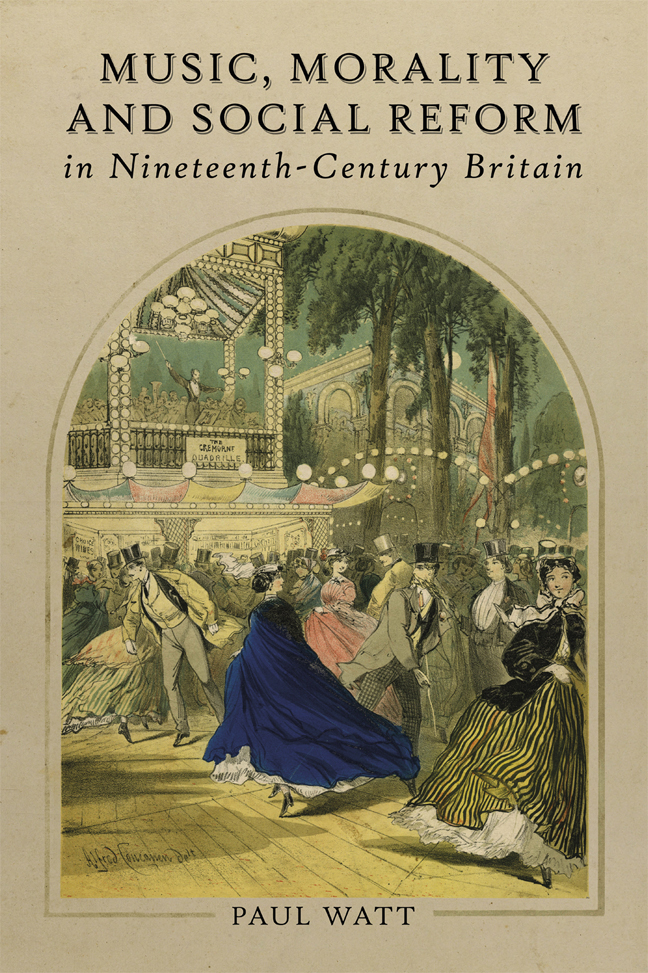Afterword
Published online by Cambridge University Press: 21 February 2024
Summary
When I began research for this book, I was concerned primarily with scouting out literature on topics such as virtue (and vice) and morality (and immorality), and the misguided notion that, given the essentially British focus of the book, I would discover significant gems in the writings of and about Queen Victoria. The first few months of research led to a significant amount of exasperation because the road to Queen Victoria led virtually nowhere, and the writers of religious tracts and books were usually so angry and spiteful they presented as unappealing characters with which to work. Yet, I knew that somewhere there had to be a much more interesting pile of primary sources on which to base this book.
Over time, a more complex and absorbing narrative about morality surfaced in the broader range of material I tracked down in libraries and archives. Away from the writing of pedants and doomsayers was a tranche of literature on morality – and related topics. It was these related topics that caught my attention: ethics; civility; utilitarianism; nation-building and empire; and moral discourses linked to aesthetic pleasure and psychological wellbeing. These are the main, broad, topics that I pursued and that have informed this project. It is not a book about pitting sacred morality against secular morality or privileging the voices and theories of the great moral philosophers. Rather, it is aimed at capturing a wide-ranging picture of everyday or lived morality in the nineteenth century.
What I have attempted to illustrate in this book is that in the nineteenth century the cultivation of good character, for both the individual and social groups, invoked language and action involving a process of emancipation, or ‘moral management’ (a term I have borrowed from Rosemary Golding), in turning people away from vulgarity, illness or bad manners to refinement, health and good manners. Indeed, I have shown that authors, educators and philanthropists promoted a life that raised a person from barbarism, ignorance, vice and bad taste, relieving a person of their ‘animal propensity’ and ‘torpid indolence’. These same writers wrote extensively on the need to cultivate the mind, through reasoned and rational recreation. They wrote of the virtue of attaining wisdom and knowledge. They advocated the pursuit of noble and Christian virtues and sincerely strove to enable women, men and children to be happy and charitable.
- Type
- Chapter
- Information
- Music, Morality and Social Reform in Nineteenth-Century Britain , pp. 181 - 184Publisher: Boydell & BrewerPrint publication year: 2023



